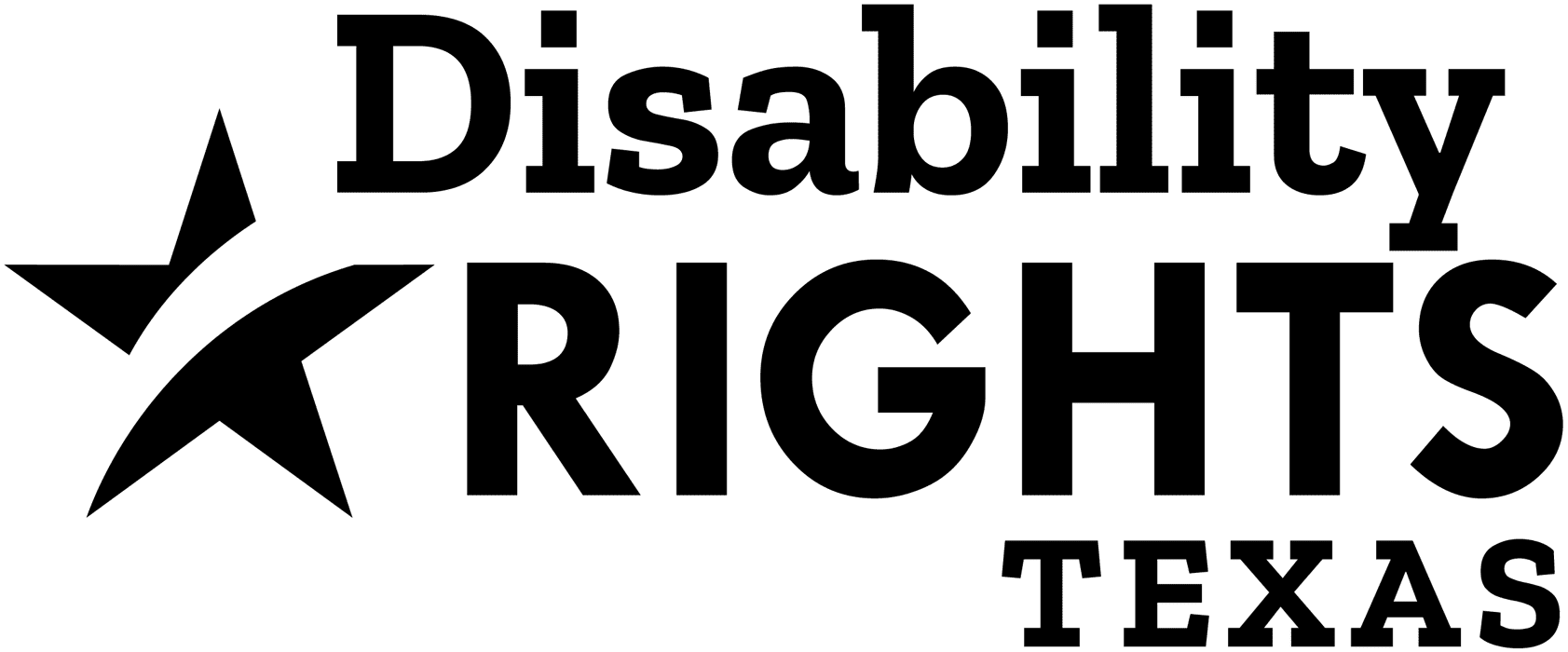Table of Contents
If there’s a disaster or emergency, planning for your healthcare needs – which includes specialized medical services and attendant services – could help you stay as independent as possible during a potentially chaotic time.
Provider services
Whether you receive services in the community or live in a group setting, you should have access to the services you need to ensure your safety and well-being.
Community-based services
If you live in the community and receive nursing, attendant, or behavioral health supports, ask your provider about their disaster or emergency plan. You should ask things like:
- At what point will they cancel services?
- How will you be notified if they do?
- If you get services at a certain location, what happens if that site closes?
In Texas, providers licensed by the state are required to have disaster plans so they can continue to provide services. If you receive medical services or medication administration from a physical location and that site closes, what do you do? State-licensed providers are also required to help you prepare for disasters and emergencies, so asking these types of questions will help you be better prepared.
Ask your provider about what resources they’ll provide to help you prepare, respond to, and recover from a disaster. And find out what your provider will do and how you’ll get what you need. Identify people and numbers to contact if the services you receive are not available or if you have been displaced.
Long-term care facilities
If you live in a long-term care facility, how the provider ensures your access to healthcare will look different than if you live in the community.
Long-term care facilities, which are regulated by the government, are required to meet certain preparedness standards. For example, they must have a plan for sheltering in place, and the plan must include alternative power sources for keeping utilities running. They must also have an evacuation plan that details how people will be evacuated and where they’ll go.
Not all facilities are the same, so each one will have its own plan that will somewhat depend on its capacity. Ask about your facility’s plans so you and your loved ones know what to expect when a disaster or emergency occurs.
Preventative healthcare
Anything that can help protect your health is beneficial in preparation for events that may compromise your well-being. Knowing everything you can do to protect yourself and others creates a better opportunity for everyone to recover from disasters and emergencies.
Vaccines
Environmental conditions and crowded places (like shelters) may create situations that impact your health and put you at a higher risk of getting sick. Vaccines can help with immunity and protect against harmful diseases, so staying updated with your vaccines can help minimize your risk during and after disasters.
Donate blood
Donate blood if you can. In a disaster or emergency, the need for blood can be great. If you donate blood, you can help reduce local demand, ensuring more blood is available for those in need elsewhere.
Additional information
For more information related to health and disasters, see:
Publication Code: DPR17

www.DRTx.org
Statewide Intake: 1-800-252-9108
Sign Language Video Phone: 1-866-362-2851
Purple 2 Video Phone: 512-271-9391
Online Intake available 24/7: intake.DRTx.org
Disclaimer: Disability Rights Texas strives to update its materials on an annual basis, and this handout is based upon the law at the time it was written. The law changes frequently and is subject to various interpretations by different courts. Future changes in the law may make some information in this handout inaccurate.
The handout is not intended to and does not replace an attorney’s advice or assistance based on your particular situation.
To request this handout in ASL, Braille, or as an audio file, contact us.
Print This Page